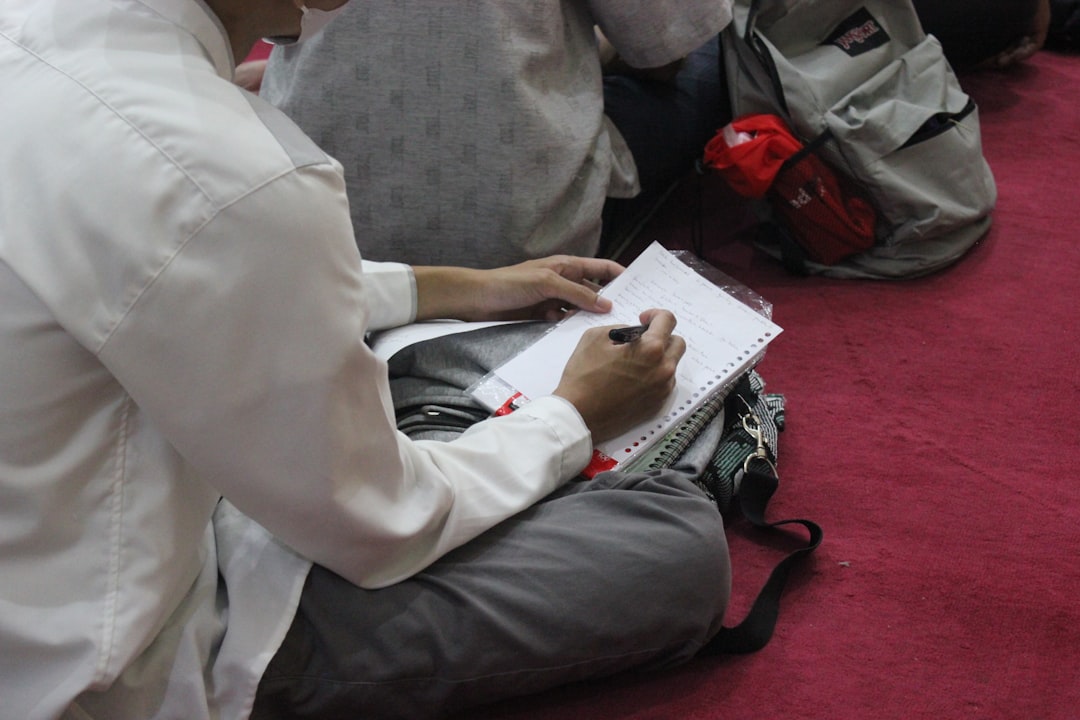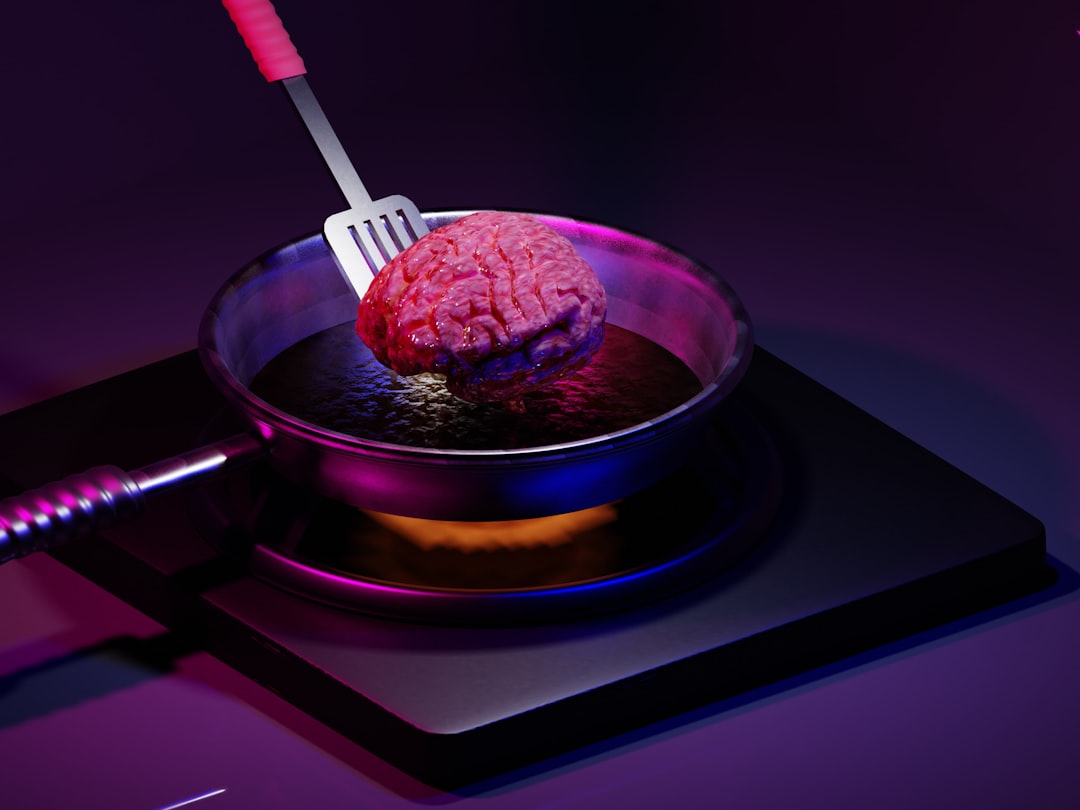Mental fatigue is a pervasive issue that affects millions of individuals, hindering their daily activities and overall cognitive performance. This comprehensive exploration delves into the science behind mental exhaustion, providing insights into why your brain may feel sluggish and how to counteract these effects for improved mental energy and clarity.
Understanding Mental Fatigue
Mental fatigue, or cognitive fatigue, occurs when the brain is overworked or stressed beyond its capacity. It’s characterized by a noticeable decline in cognitive performance, including decreased concentration, memory lapses, and impaired decision-making abilities. Various factors, including prolonged periods of cognitive activity, stress, poor sleep, and even nutritional deficiencies, can contribute to this condition.
Symptoms of Mental Fatigue
- Decreased concentration and attention
- Memory lapses
- Slowed thinking and decision-making
- Irritability and mood swings
- Physical fatigue and sleep disturbances
Causes of Mental Fatigue
The brain, like any other part of the body, has a limited amount of energy. When it’s consistently pushed beyond its limits without adequate rest or nutrition, mental fatigue can set in. Key contributors include:
- Extended cognitive tasks: Engaging in prolonged, mentally demanding activities without breaks.
- Stress: High levels of stress can deplete mental energy reserves.
- Lack of sleep: Poor sleep quality or insufficient sleep can impair cognitive functions.
- Poor nutrition: The brain requires a steady supply of nutrients to function optimally.
The Impact of Mental Fatigue
Cognitive fatigue can significantly impact daily life, affecting work performance, academic achievement, and personal relationships. It can also lead to a decrease in problem-solving abilities and creativity, making it harder to perform tasks that require mental effort.
Combatting Mental Fatigue
Fortunately, there are strategies to mitigate the effects of mental fatigue and restore mental energy:
- Take regular breaks: Short breaks during prolonged cognitive tasks can help replenish mental energy.
- Manage stress: Techniques such as meditation, yoga, and deep breathing can reduce stress levels.
- Improve sleep habits: Ensuring 7-9 hours of quality sleep each night can boost cognitive functions.
- Nutrition: Eating a balanced diet rich in vitamins and minerals supports brain health.
Conclusion
Understanding the science of mental fatigue is crucial for identifying and implementing strategies to combat this condition. By managing stress, improving sleep, taking regular breaks, and maintaining a healthy diet, individuals can enhance their cognitive functions and overall mental energy. Recognizing the signs of mental fatigue and taking proactive steps to address them can lead to improved productivity, creativity, and well-being.


